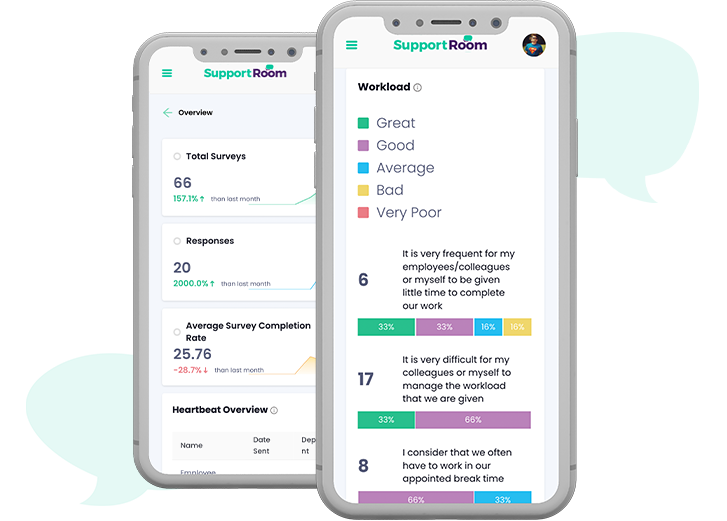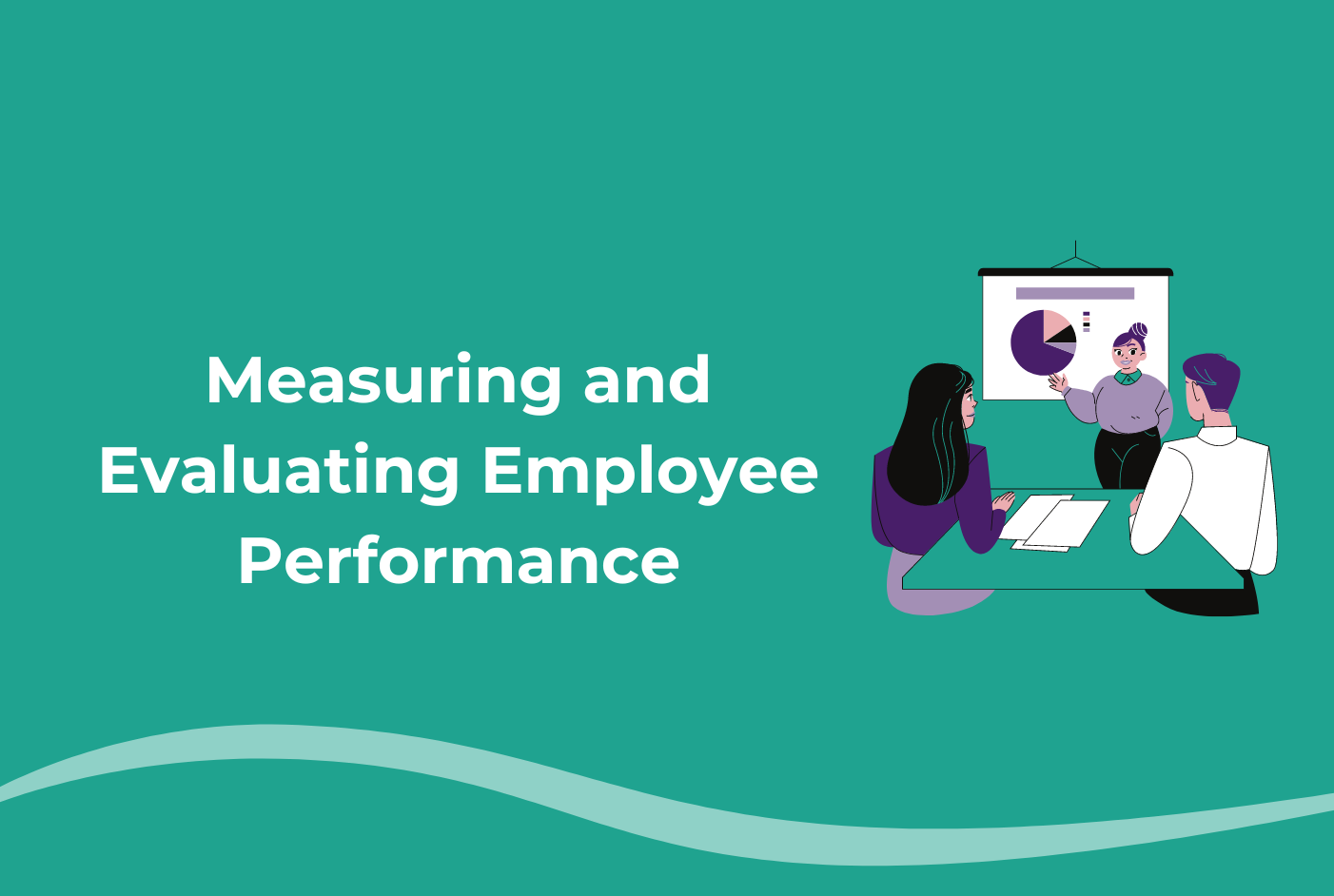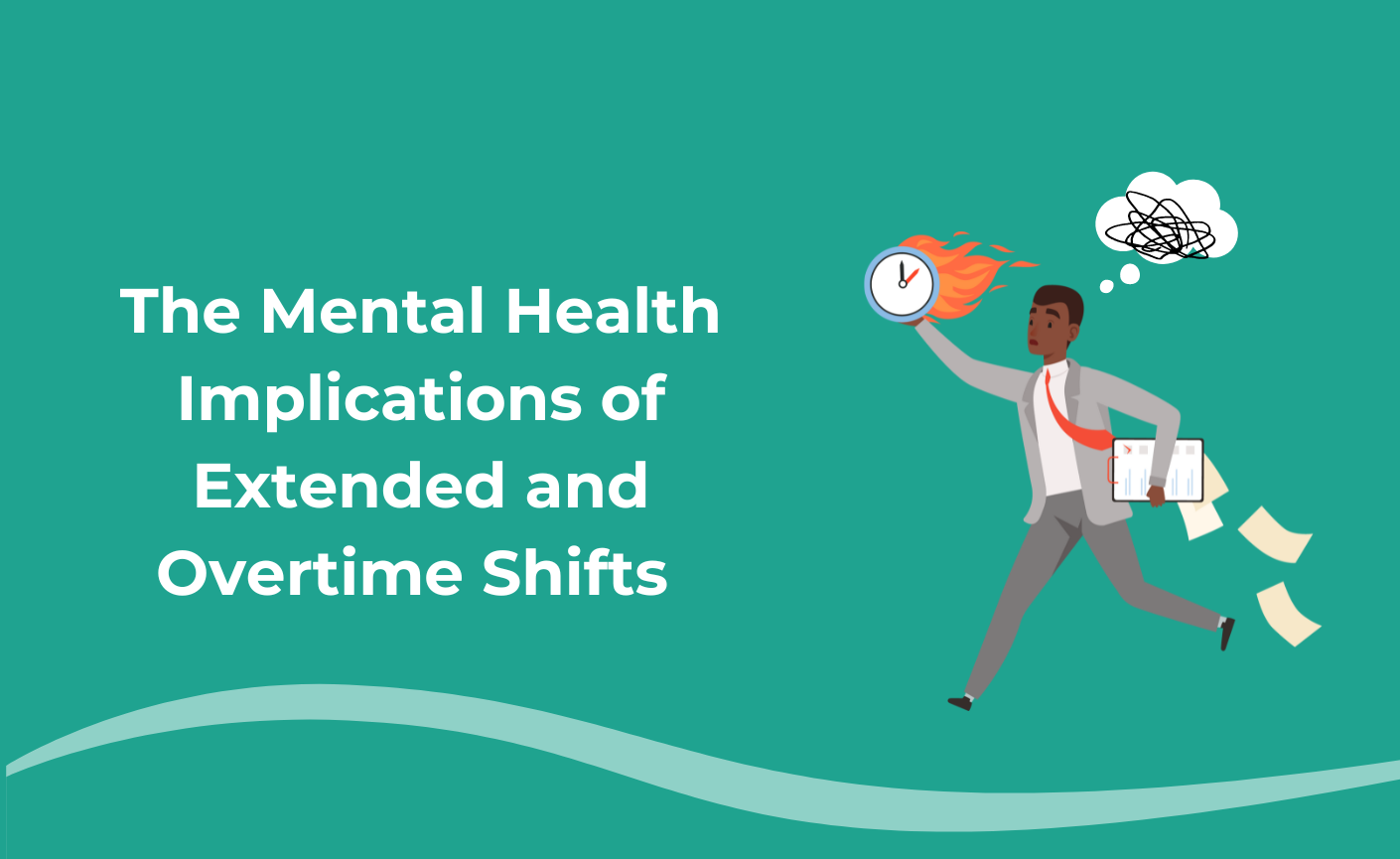The Financial Impact of Employee Assistance Programs
In today’s fast-paced and competitive business world, organizations are searching for ways to improve employee productivity, morale, and retention. One crucial aspect that has gained significant attention in recent years is the mental health of employees. Mental health issues, such as stress, anxiety, and depression, can have a profound impact on an individual’s well-being, but they also have a considerable financial impact on businesses. Employee Assistance Programs (EAPs) have emerged as a powerful tool to address these challenges. In this blog post, we will explore the financial implications of EAPs in the workplace and why they are a wise investment for companies.
Understanding Mental Health in the Workplace
Mental health problems are pervasive and affect millions of people worldwide. In the workplace, these issues can manifest in various ways, from decreased productivity and absenteeism to increased healthcare costs and employee turnover. According to the World Health Organization, depression and anxiety disorders alone cost the global economy more than $1 trillion per year in lost productivity.
The Financial Toll on Businesses
- Reduced Productivity: Employees dealing with mental health issues are often less productive. They may struggle to concentrate, make errors, or miss deadlines. These issues can lead to a decline in overall team productivity, which, in turn, affects the company’s bottom line.
- Increased Absenteeism: Employees with untreated mental health conditions are more likely to take sick days or leaves of absence. The costs associated with hiring temporary replacements or paying overtime to other employees can add up quickly.
- Higher Healthcare Costs: Mental health issues can lead to physical health problems and an increase in healthcare utilization. Employees may seek medical treatment for conditions like sleep disorders, headaches, or gastrointestinal issues that are linked to their mental health. This, in turn, raises healthcare costs for both employees and employers.
- Employee Turnover: High turnover rates are not only expensive in terms of recruitment and training but also detrimental to company culture and morale. Employees who leave due to mental health issues could be top-performing individuals, and losing their skills and experience can be a significant blow.
The Role of Employee Assistance Programs (EAPs)
EAPs are employer-sponsored programs designed to support employees facing personal challenges, including mental health issues. These programs offer a range of services, such as counseling, referrals to mental health professionals, and resources for managing stress. EAPs can have a profound impact on employee well-being and, consequently, on a company’s finances.
The Financial Benefits of EAPs
- Increased Productivity: By providing employees with the tools and resources to address their mental health issues, EAPs can improve overall productivity. When employees are mentally well, they are more engaged, focused, and efficient.
- Reduced Absenteeism: EAPs help employees manage their mental health, reducing the need for sick days or leaves of absence. This directly lowers the costs associated with hiring temporary replacements or paying overtime.
- Lower Healthcare Costs: EAPs can help employees access mental health resources early, preventing the escalation of mental health issues into physical health problems. This, in turn, can lead to decreased healthcare costs for both employees and employers.
- Improved Employee Retention: Employees who feel supported by their organization are more likely to stay with the company. EAPs demonstrate a commitment to employee well-being, which can boost morale and reduce turnover rates.
Mental health in the workplace is not just an employee, but a business concern. The financial impact of mental health issues cannot be underestimated, with significant costs associated with reduced productivity, increased absenteeism, higher healthcare expenses, and employee turnover. Employee Assistance Programs (EAPs) offer a cost-effective solution to address these challenges, providing employees with the support they need to maintain their mental well-being and, in turn, benefiting the company’s bottom line. Investing in EAPs is not just a wise financial decision, but a commitment to creating a healthier, more productive, and more compassionate work environment.
Connect with SupportRoom to find out how you can better support your team!

Gain FREE access to Heartbeat
Get a free Heartbeat Survey.
Let us uncover the true state of your team’s wellbeing with a free mental health survey for your entire organisation.
Gain valuable insights to see how you can better support your team’s mental health and performance.
No pitch. No credit card required.





